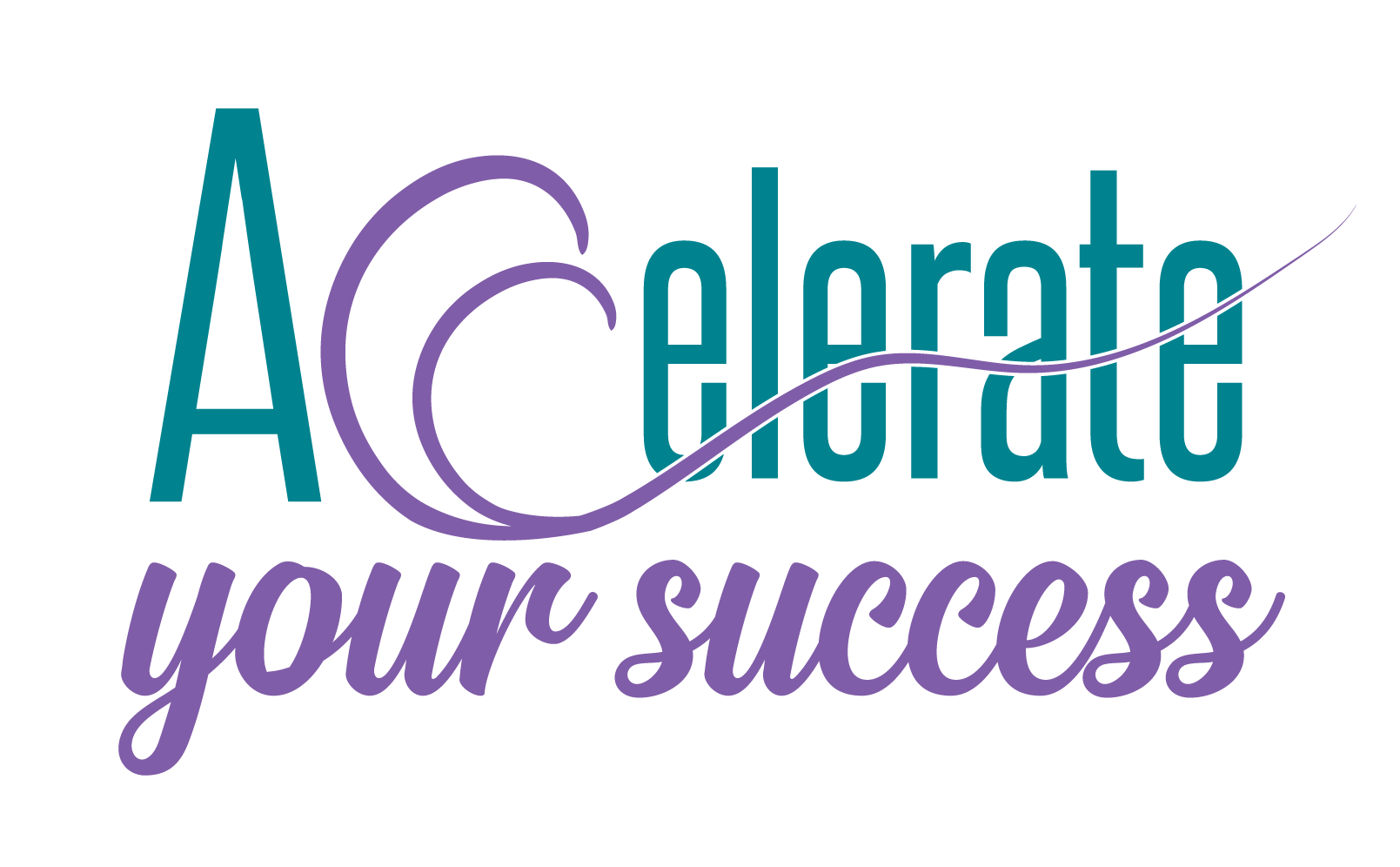I am a person who always has a lot to do. I like it that way. The concept of a 4-hour work week with nothing to do but drink mai tais the rest of the time doesn’t appeal to me – I’d be bored (and finding things to do) within a week. But that doesn’t mean I’m “on” all the time.
I can get a good read on how I’m doing by paying attention to what I choose to stream or read. When I choose things that make me think, my batteries are in good shape. If I select silly, goofy, or brainless, then my batteries are low and I need drool time.
One of the things that can be very draining for a lot of people is orchestrating. Although I’ve been orchestrating for years, I better understood it (and how exhausting it can be) after reading “Fed Up” by Gemma Harley. The entirety of this book is about how women never get any time off because even when the family is helping by taking out the trash, loading the dishwasher, etc., they are still the ones telling everyone what to do, following up to make sure it got done, and planning how to accomplish all the stuff that needs to be done. Gemma calls that emotional labor.
I immediately recognized that this isn’t limited to family interactions. A lot of my business owners struggle with emotional labor overload too. But, I’ve come to realize I don’t like the term emotional labor – it is too easily dismissed as something “the girls” talk about when they are overly emotional. I prefer the term orchestrating.
Orchestrating is defined as arranging or directing the elements (of a situation) to produce a desired effect, especially surreptitiously. When you consider how often the person orchestrating an office has to think about which team members work well together, who is or isn’t overwhelmed, each person’s workload, etc., this term makes sense to me.
For some people, orchestrating is fun and empowering. For other people, orchestrating is exhausting. Some orchestrate at work but not at home or vice versa. Some are always orchestrating. Even for those who love to orchestrate, there comes a point when your brain needs to sit in neutral for a while before you can go back to monitoring everything.
If you aren’t sure what I mean, let me provide this example.
I have a client who is successful in her business and has three young children at home. She and her husband recently went on vacation with the family. During her family vacation, she was the one orchestrating the week. Upon returning to work she commented that she didn’t feel recharged after the week off, even though they had fun. A few weeks later she went on a trip where she was volunteering to chaperone a group of youth. She came back very recharged. Her comment was that it was so nice to just follow the agenda that someone else laid out. Her job was to ensure that the group of girls in her cabin were at the correct place at the correct time. She didn’t plan anything. She didn’t run any of the group activities and she wasn’t “on” when the kids were doing the activities. This, for her, was drool time.
Drool time is defined as a time when the normal brain patterns you follow are suspended so your brain is on vacation. When I’m experiencing the most balance, I book 30-minute drool sessions into my calendar. I may stretch out on my couch, read a novel, or just daydream. What I don’t do is focus on my to-do list, the latest problem I’m sorting out, or anything that is a “usual” thought pattern. As a side benefit, I often find that when I return to work, solutions just pop up.
In many ways, this is an extension of the work we discussed in Better Work Life Balance. Some of the same activities that are used to recharge your batteries can also be drool time for you.
For me, the hard part of drooling is convincing my brain to stop. I once described my brain as being like a stove with 32 burners and a pot on each one. My job is to focus on which pot is getting ready to boil over. In case you weren’t sure, it isn’t relaxing!
I find that I can help myself drool by creating specific places and body positions that tell my brain we are in neutral. If I lay on the couch, I prop my legs up a lot. I don’t do that unless I’m drooling. There is certain music that I use for drool time. I also find that the more I schedule drool time, the better I get a drooling – practice does make perfect!
When I’m really stressed, getting myself to stop long enough to get into the drool state is much harder. What works better is to catch myself before I’m stressed – which is why I have and use these Reasonable Rules.
Start to consider what signs there are in your life that shows you are overwhelmed and consider how you can adjust your behavior to improve. Notice when you are orchestrating and how it makes you feel. Look for ways to delegate the orchestration to someone else or to split the orchestration between people. Take time to drool! You’ll be glad you did!


